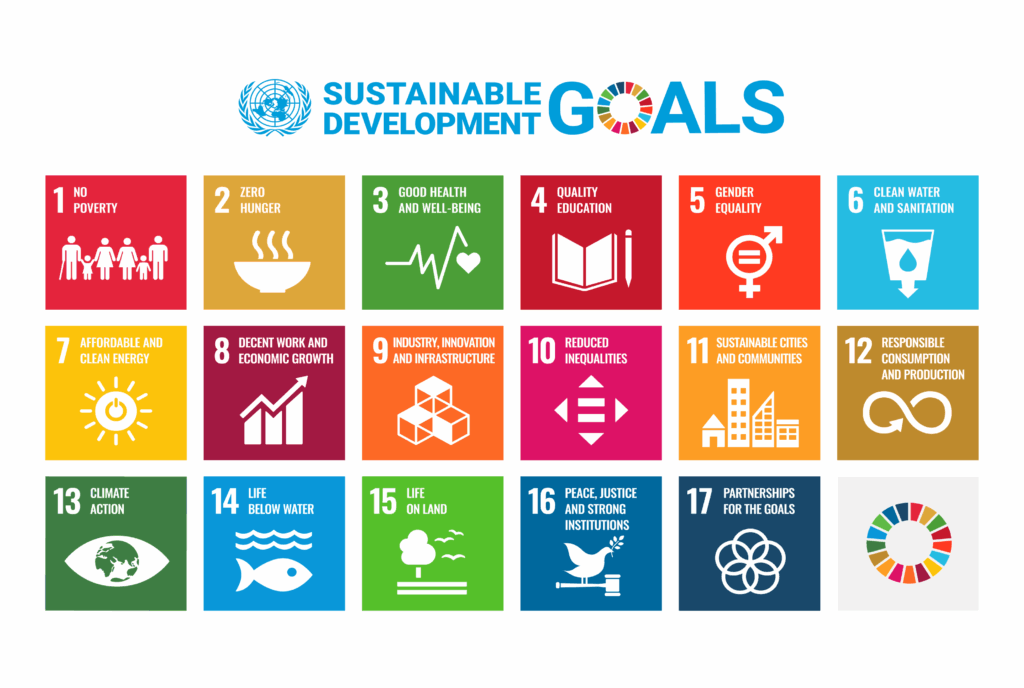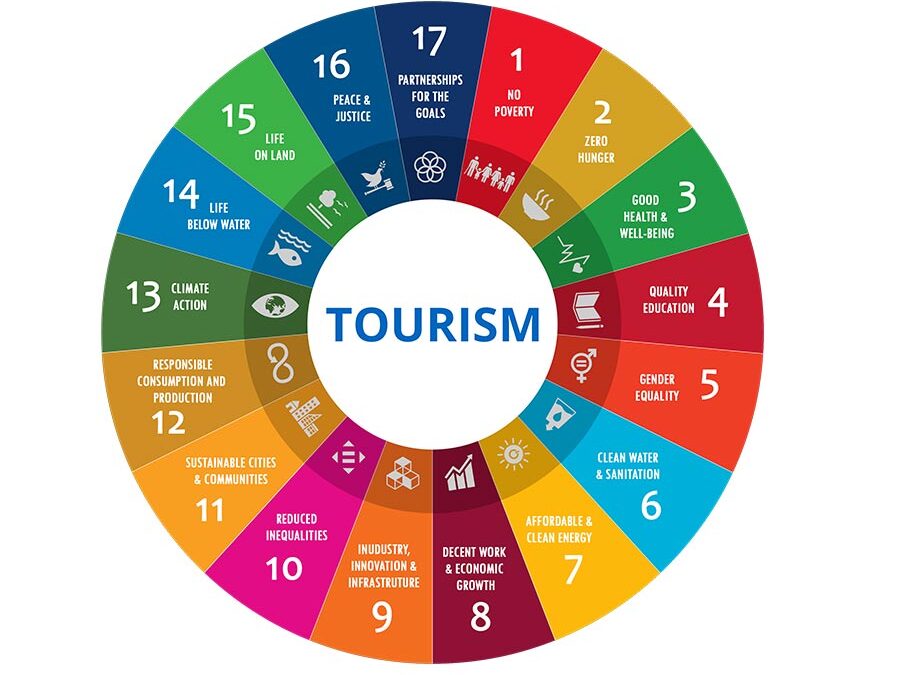The United Nations World Tourism Organization (UNWTO) promotes responsible, sustainable and universally accessible tourism that supports the 2030 Agenda and the Sustainable Development Goals (SDGs).
Tourism plays a key role in tackling global challenges—from climate change to poverty reduction. Through a variety of tools, observatories, and global campaigns, UNWTO helps governments, destinations, and businesses integrate sustainable tourism practices into long-term development plans.
By connecting travel with environmental protection, cultural preservation, and economic opportunity, UNWTO positions tourism as a powerful driver of sustainable development.
Three Pillars of Sustainable Tourism
UNWTO defines sustainable tourism across three interconnected dimensions:
- Environmental: Protect ecosystems, reduce pollution, and manage resources wisely.
- Economic: Generate long-term economic benefits, fair employment, and support local communities.
- Socio-cultural: Respect cultural heritage, strengthen local culture, and ensure benefits are inclusive
A proper balance between these elements creates tourism that remains viable indefinitely, safeguarding nature and communities for future generations.
Key UNWTO Initiatives
Launched to promote tourism’s contribution to all 17 SDGs, with a strong focus on SDG 12 (Responsible Consumption and Production) and SDG 14 (Life Below Water).
A global network of observatories that track and monitor tourism’s social, economic, and environmental impacts at local levels.
A framework to accelerate sustainable consumption and production in tourism, designed to combat climate change and resource depletion.

Guidance & Tools for Practice
- UNWTO’s Guidebook on Sustainable Tourism for Development supports EU entities in integrating tourism and sustainability.
- The publication “Tourism and the Sustainable Development Goals – Journey to 2030” explores how tourism progress aligns with Agenda 2030 and offers evidence-based recommendations.
Strategic Focus Areas
UNWTO emphasizes:
- Innovation & entrepreneurship: Initiatives like the SDGs Global Startup Competition encourage sustainable tourism solutions.
- Good governance: Promoting data-driven planning through tools like INSTO.
- Awareness & collaboration: Engaging public and private sectors to champion sustainability across the tourism ecosystem.
In Summary
The UNWTO’s sustainable development agenda positions tourism as a force for good—a means to drive environmental stewardship, socio-economic inclusion, and cultural preservation. Through global frameworks, observatories, and innovative programs, UNWTO empowers stakeholders to operationalize the SDGs and reimagine tourism for a more sustainable, equitable future.

